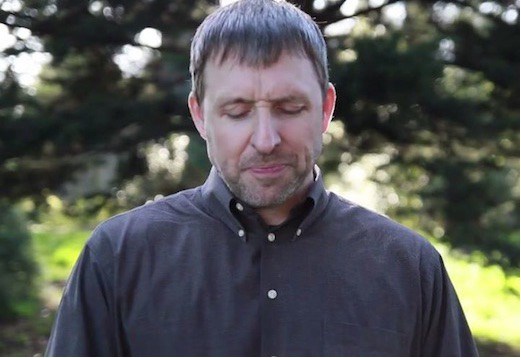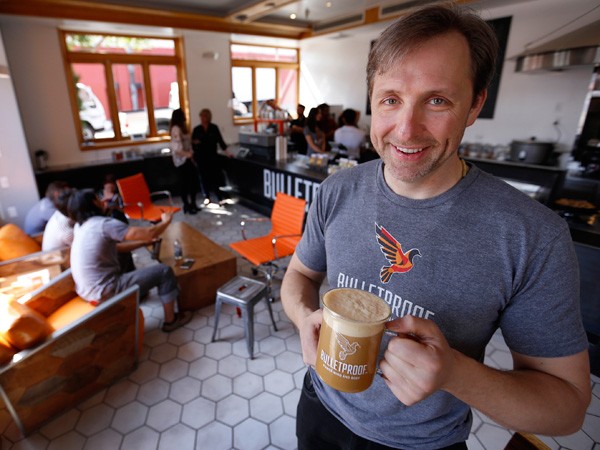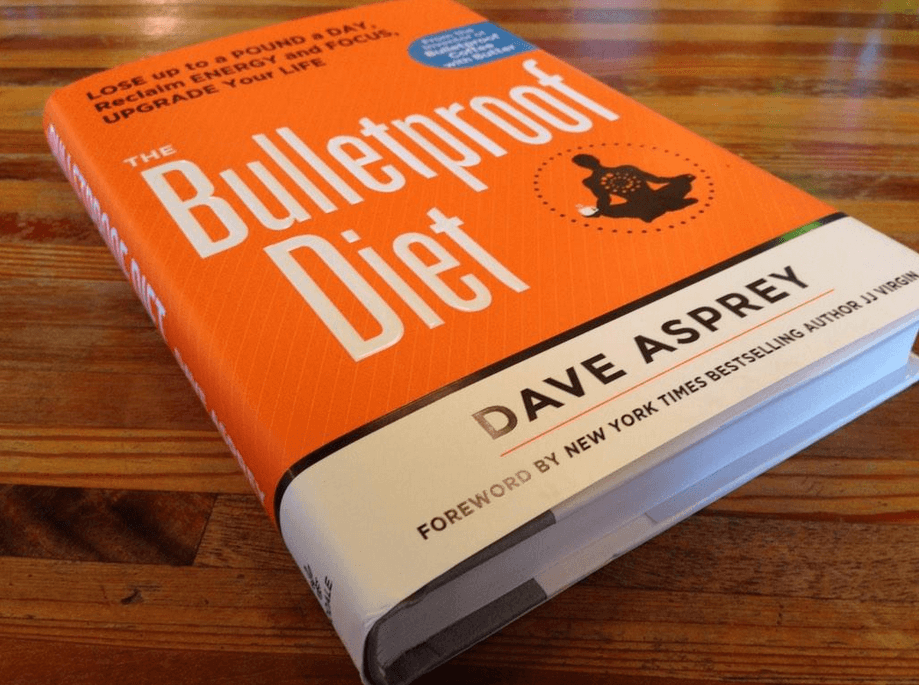Dave Asprey Is Not A Transhumanist
DietWellness October 19, 2023 Damon Mitchell

Search around the internets for content on transhumanism, and few names pop up as champions of the movement, Rich Lee, Kevin Warwick, Professor Starlac, and David Asprey, the founder, and CEO of the Bulletproof brand.
This is gonna bump every disciple of Bulletproof, but I’m gonna come right out with it:
David Asprey is a false god, a charlatan. Even Elon Musk, and to a lesser extent his mini-me Bryan Johnson, are more valuable contributors to transhumanism than Asprey.
He is a salesman with a really good rap, selling some decent coffee and a bunch of hooey in the name of science. He is not harmless. He is bad for transhumanism.
Asprey

At a glance, Asprey credentials sound impressive. He’s a former Silicon Valley fancy pants, a point he never fails to leverage as if there is a seamless relevance to nutrition.
In a recent interview with the Guardian, he’s quoted saying:
“Hackers are systems thinkers and in order to take control of another computer, you don’t have to know everything about it. You just have to know enough and apply the right techniques.”
Sounds good, doesn’t it? HIs credentials don’t end there. A cornerstone of Asprey authority is his personal weight loss success (90 pounds), one he developed after doctors couldn’t help him with medicine, and traditional approaches to weight loss left him frustrated.
Where did Asprey find his answer? Why, in the mystical far east, of course. He went to Tibet, where he discovered what he calls Yak-butter tea, the foundations of his coffee.
Asprey’s story is that he went deep into research at that point, developing his Bulletproof system.
Bulletproof Diet
In case you’re not acquainted, the Bulletproof diet is the craze that hit the market in about three years ago. It’s still quite popular, especially in the transhumanist movement.
There are many claims made about Bulletproof, not all of which are garbage, but the hook for the diet is a quality source of coffee. We’ll come back to that…
There are a bunch of hair-splitting rules to Asprey’s diet, assertions about good foods versus bad ones. It’s a debate I’ll not engage here, as one example, he identifies un-sprouted legumes as “bad.” Fruits and vegetables are encouraged, but cooking them is not. Grassfed meat is good, grain-fed meat is bad.
He emphasizes that fat is not the evil we once thought it was. True. He also has a naughty and nice list, the product of his science, which is not really science but anecdotal experience.
I’ll cut to the chase. Unless one has a food allergy, there are no bad foods. Humans may be the most food-adaptive species on the planet. Don’t believe me, read the peer-reviewed research (or this neat article). What Asprey is touting as science is a long winded, yet brilliant, marketing thread.
Bulletproof Coffee
For anyone who’s traveled the world and had something other than the mud that passes for coffee in North America, there is nothing like a decent cup of coffee brewed fresh in Central America. It’s tastier, and the effects of the caffeine last longer.
Adding fat, which is what Asprey does, slows down the digestive process and evens out the rush-cum-crash of most brews. The mystical science behind Asprey’s special coffee is something called medium chain triglyceride (MCT) oil.
To make the Bulletproof coffee right, one blends the coffee (Bulletproof brand, of course), two tablespoons of butter, and a tablespoon of MCT oil.
Asprey sells his Bulletproof coffee beans, marketing them as mycotoxin-free. Mycotoxins are molds which can grow on coffee beans, something most roasters solved for long ago.
There is a story told in marketing circles about a beer ad campaign from decades past, where the marketing pitch focused on the purified water used for production. All brewers had to use purified water by law, but nobody was talking about it. The first ones to market it sounded like the better beer until everyone else copied the idea.
Asprey is a running a version of this play with his Bulletproof coffee. Touting mycotoxin-free coffee is like brewers bragging about the spring fresh water they use to make their beer.
Asprey believes in his coffee so much, he feeds it to his kids [read: also part of his pitch–it’s even good for kids!]. For anyone who’s enjoyed a cup of this coffee, it’s a brilliant hook. When one drinks it, all the parts come together: Silicon Valley, Tibet, and hours of buzzy coffee goodness.
Perfectly intelligent people, even educated fitness professionals sign-up for all things Bulletproof at that moment. I’ve seen it, many times.
Charlatan
What smokes out Asprey’s science, a word he uses often to describe his work, are the lenses he uses to make his points.
In the Guardian interview he says:
“You show me a powerful, youthful, healthy-looking person who follows that kind of advice who’s criticizing the Bulletproof Diet. You won’t find one.”
Considering this author, 42 years old, is one of them, I would beg to differ, but I’m anecdotal evidence.
What’s more alarming about this statement are the words “healthy-looking.” What the heck does that mean? It’s not only vague, it’s wide open to interpretation. Nobody in health or fitness, other than the bodybuilding crowd, would measure health on appearance as matter of scientific evidence.
While Asprey’s background is impressive, the frequency at which he leverages it as a qualifier only raises my Spidey-senses.
“If you look at my Silicon Valley career, what I do is I disrupt things that are broken or don’t work.”
And I say, Your Honor, counsel draws a false analogy, but he goes on to make one huge mistake…
“…I welcome all the critics: all they need is to turn the book over and look at the quotes on the back from the most successful and well-respected brain doctors and anti-ageing doctors.”
This is what we call an example of a red herring, misleading or distracting information.
Doctors are wonderful people who know a lot of information. Most of them know a lot about a broad scope of human body related information. Some know even more about specific systems.
Few doctors have formal educations in nutrition. In general, doctors are not nutrition experts, even though we often look to them for this advice.
The way the human mind works is, we believe what we believe, even in the face of logic. This is what David Asprey is counting on.
Once he has you sold on his brand, you will keep funneling money into it, regurgitating the tenants like a good disciple, like you’ve discovered a secret code.
Nope. It’s just a bunch of unsubstantiated rules.
Source: The Guardian


